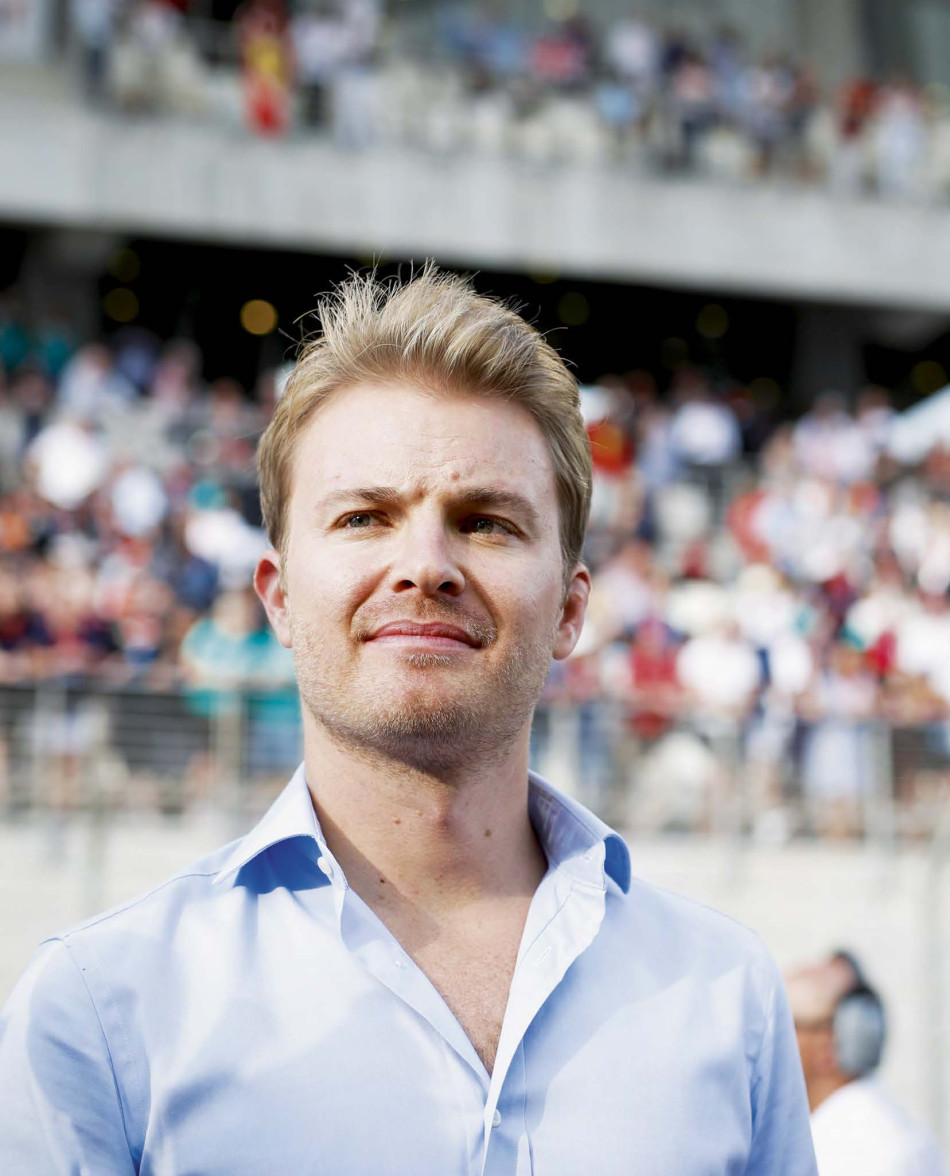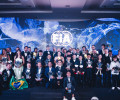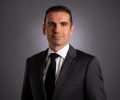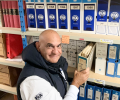AUTO 26 : Championing a safer, cleaner future - Nico Rosberg
Since retiring from Formula 1, Nico Rosberg has channelled the focus and commitment that took him to world championship glory in 2016 towards the challenge of building a smarter, cleaner and safer future. And the FIA’s groundbreaking #3500LIVES road safety awareness campaign is part of his vision for a better tomorrow.

You were one of the first ambassadors to get involved with the #3500LIVES project. What prompted that and why do you believe a campaign such as this, which seeks to bring simple road safety messages to a global audience, is important?I find it very hard to understand that so many people get killed on our roads. The roads are my territory. I was a Formula One World Champion and I feel it’s my responsibility to help ensure that we do all we can do to improve safety in our daily day lives. The campaign has been very successful since it was launched and I’ve received lots of positive feedback on the messages delivered by the ambassadors. I’d like to congratulate the FIA and JCDecaux. It’s an innovative approach and it’s paying dividends.
The message you promote is to not drink and drive. Much has changed with regard to the social acceptability of mixing alcohol and driving but is it still an issue?
I think the psychological side of this issue is really interesting. In the UK, scientists found out that peer pressure leads people to make the mistake of having one drink and then driving – they convincing themselves it’s OK, so that they don’t appear weak or uncool. So there’s already a problem there and it’s a trap so many people fall into. We can´t make enough noise about the issue. It isn’t cool to drink and drive but there are still a lot people who mix alcohol and driving. We have to keep repeating the message that this is wrong.
How much do you think the involvement of celebrities as role models can help spread the message of road safety, especially a message that is global in nature? Do you believe in the power of role models?
Yes, more than ever. There is so much content out there now and so many conflicting messages. People always listen to other people and to the messages they send – for good or ill. It’s why the front cover of every magazine features the face of a human being. We are interested in other people. Role models are really important in the delivery of positive messages. We have to be aware of that power and leverage it to make changes for the better.
Have you had personal experience of the other safety issues outlined by the campaign?
Yes, sure. Use of seat belts is also a message that we can’t reinforce enough. Sadly it’s the case that in some countries using seat belts is still seen as uncool. I’m really passionate about safety, so it’s a message I’m happy to keep delivering whenever I can. Distracted driving is another serious issue and as far as I can see it’s an increasingly significant problem of our new digital world. There’s a huge amount we can do to increase awareness. It’s one of the messages we deliver in the #3500LIVES campaign but given the amount of technology at our disposal now maybe it’s worthy of a single global campaign of it’s own – maybe a ‘Don’t touch this’ campaign.
What do you hope the #3500LIVES campaign can achieve in the coming years?
I really hope we can influence as many people as possible with these simple messages. None of them are complex solutions to safety issues and if people adopt these straightforward behaviours while mobile then it will move things in a positive way.
Following your world championship win in 2016 you’ve stayed closely connected to motor sport and you’ve taken a big interest in Formula E. Why is that?
I really believe in future technologies and especially green technologies. I am convinced they will influence our lives in a positive way. All of the major car manufactures are involved in Formula E and it’s clear from their commitment to the chasmpionship that they want to bring their new technologies also on our roads. So we all will benefit and that’s great. It was the same philosophy we saw with the hybrid cars at Mercedes during my F1 years.
Since retiring from F1 also you’ve become heavily involved in technology entrepreneurship. One of the companies you’ve invested in is Uber rival Lyft. What prompted that and what’s your view of future mobility?
Change is unstoppable. We’re at a point now similar to when horse-drawn mobility was confronted by the first car. In Germany in those days, the Kaiser, Wilhelm II, said that cars would not last and that everyone would go back to horses. We know what happened. You cannot stop change. After my F1 career I found I have a huge passion for helping to make what is happening now a positive change. It’s why I co-founded the GREENTECH FESTIVAL, which will take place in Berlin on the last weekend of May – the same time the E-Prix is in the city. We want to showcase new technologies and host a leadership conference. We have to celebrate technological innovation and see it as a huge opportunity and not as a threat. It’s very possible that through the development of autonomous cars we can reach a point where we have zero fatalities on the roads. There is of course a long way to go, but this a dream we have to pursue, because without having a dream we stop living.
Can motor sport lead the way in terms of being an innovator and incubator of new sustainable technology?
Yes, it has to. An intelligent, sustainable mobility system is one of the most important challenges for our society and this area is fascinating for me. OK, I grew up the son of an F1 champion, so it’s no big surprise that racing and innovation appeal to me, but I genuinely believe we all have to work towards building a mobility system that benefits everyone – one that’s smart, clean and safe. There is so much to gain so let’s all work together to improve our lives.

 Facebook
Facebook Twitter
Twitter






